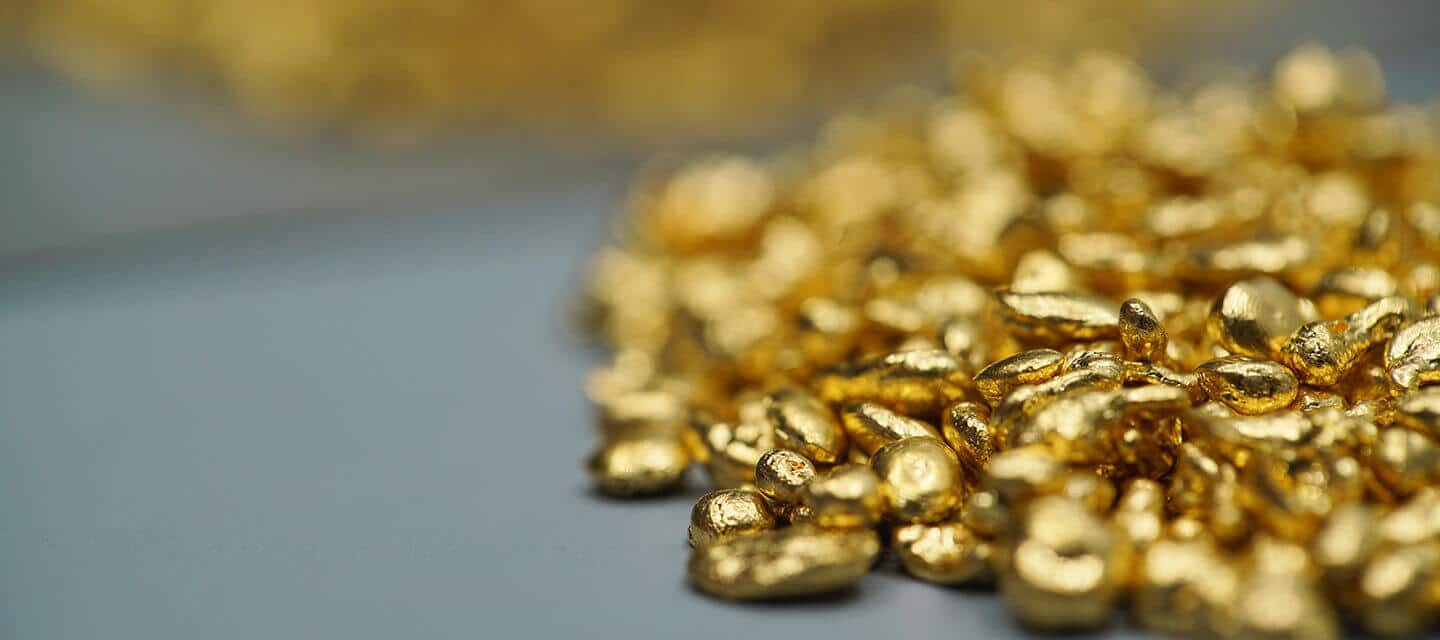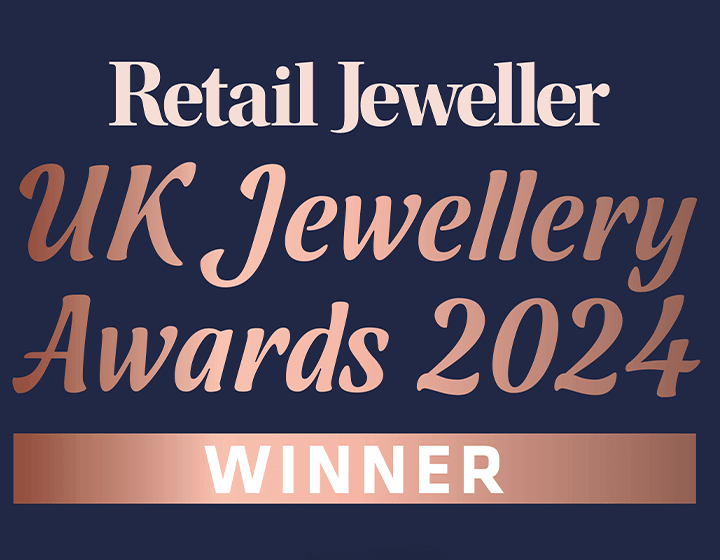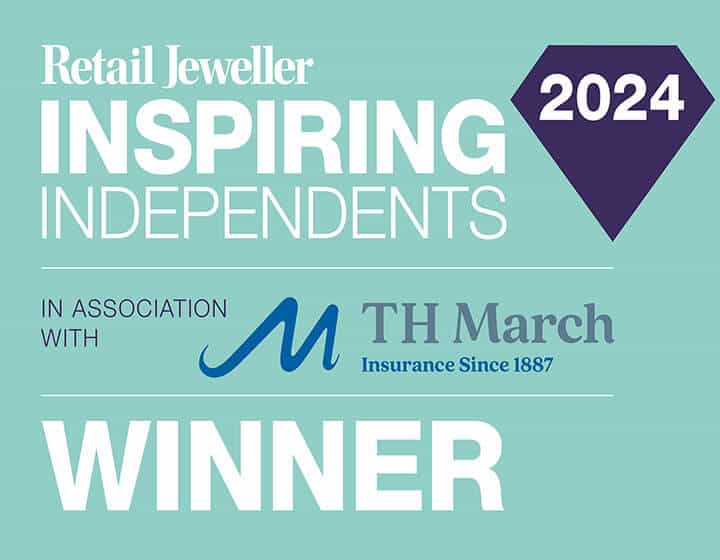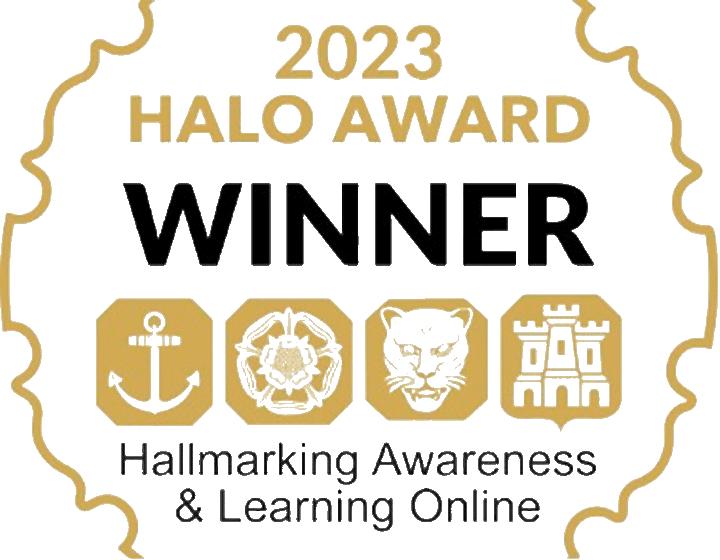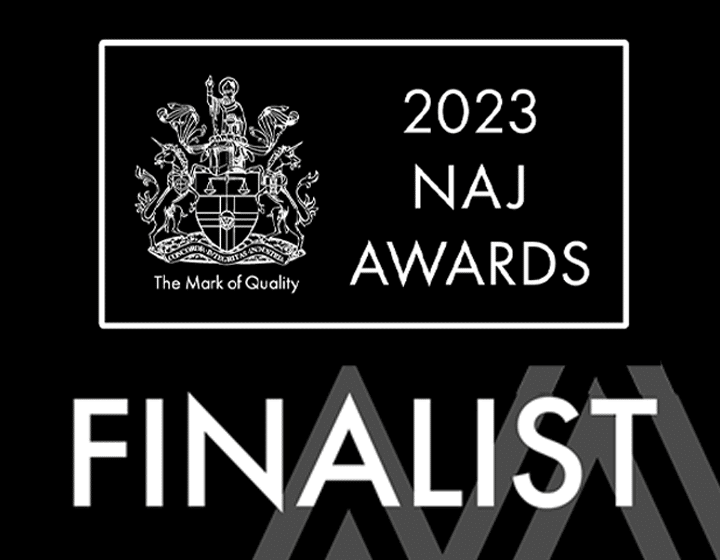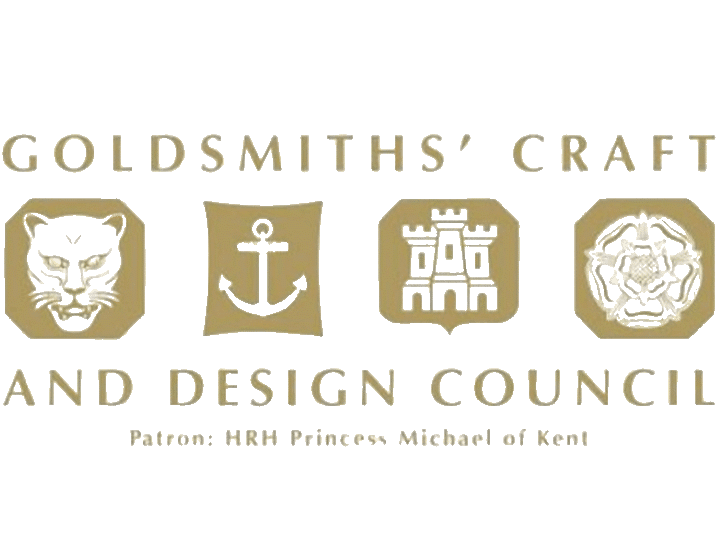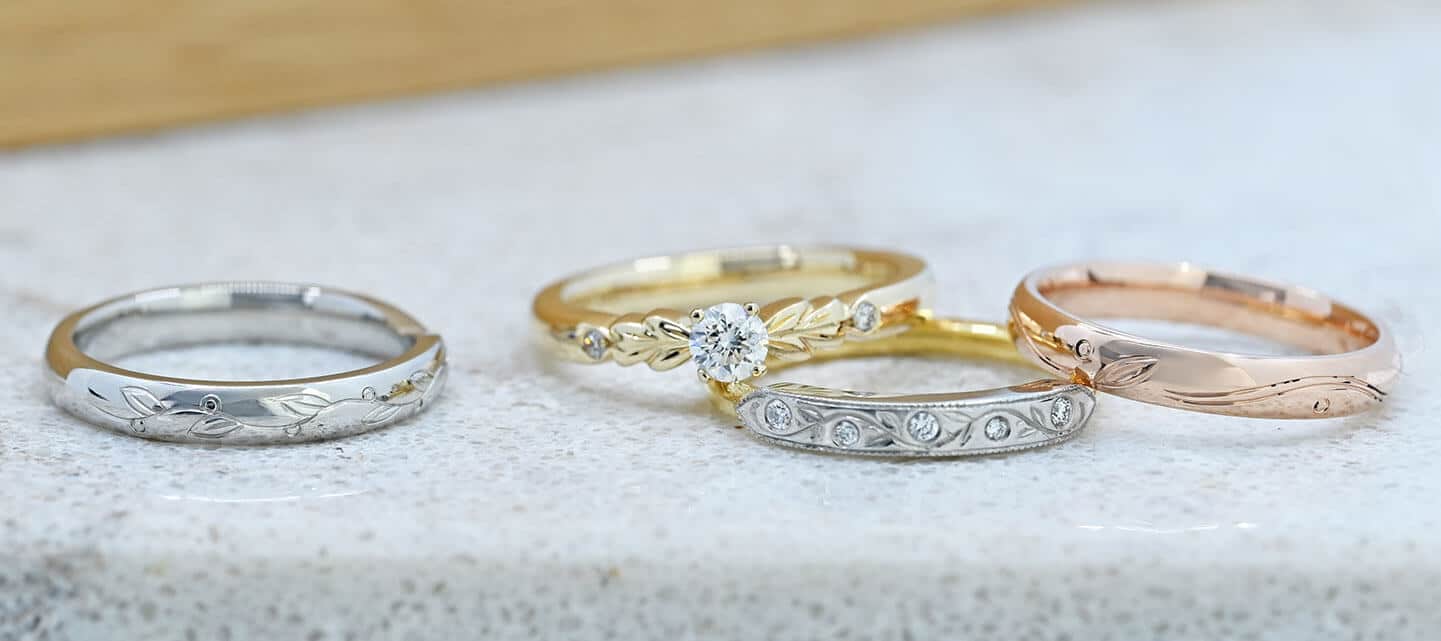

Ethical Precious Metal
UK Ethical Jeweller of the Year
Ethical Precious Metal
Ethical Gold
The process of mining and using gold will always be a hot topic amongst jewellers and those wishing to use an ethical precious metal in their jewellery. It raises ethical and social concerns, as well as misrepresentation to the general public.
To start, “Dirty Gold” is a big environmental problem, and is in no way easy to solve.
Large-scale gold mining can be extremely environmentally invasive. Small-scale mining has been linked with violence, illegal trading and environmental degradation. It’s very difficult to know where your gold has come from through the regular supply chain. We are doing what we can to improve the situation, lobbying for change and sharing facts to create awareness.
You may have seen the discussion around the terminology of recycled gold, which has connotations of avoiding waste. Precious metals are in fact endlessly refined and reused rather than thrown away! It’s important to know that this is standard practice for the gold supply chain. Every jeweller in the UK ‘recycles’ their offcuts and scraps from their workshop back into a big pot in a refinery.
The refiners work on a large scale, so gold from new mining, gold from goldsmith’s work benches and old pieces of gold jewellery are all melted up together and made into new sheets and bars. This generally means that you cannot know where your gold has come from and definitively whether it has been mined in an ethically sound way or not.
We are pursuing a multi-pronged attack to tackle this:
- As the first independent UK Jewellers to have achieved full Responsible Jewellery Council Certification we are putting pressure on the commercial mines to clean up their act. With the collective buying power of the UK jewellery industry and the RJC we aim to push for change. The gold mining industry has started to clean up its act. It’s not there yet, but there is progress and momentum is building.
- We were one of the first twenty jewellers worldwide to launch fully certified Fairtrade gold. Since its launch in 2011, the availability of Fairtrade gold has increased and we’re now able to source Fairtrade gold in both 9 carat and 18 carat alloys and in all three colours: rose, yellow and white.
- We have been consistently lobbying our metal suppliers to make changes, specifically in being able to provide both recycled metals and Fairtrade gold.
- In 2021 we made a Pledge with Fair Luxury that we would source only recycled or Fairtrade gold bullion.
As a result of our requests, our gold bullion suppliers started to offer newly formed ‘recycled’ gold bullion, that had been refined separately to their standard gold and is traced to ensure it’s from 100% recycled sources. They’ve now transitioned to 100% of their gold bullion being recycled! This means we can now offer recycled metal as our ‘standard’ gold, whether we are handmaking pieces in our workshop or casting them.
Traceability is still an issue for some people, as although the bullion dealers can confidently claim the metal they use is ‘second generation’ and not newly mined, it is still not possible to trace the metal back to source. For the moment, though, what we are terming as recycled is a great place to start your ethical jewellery journey.
Fairtrade gold is, however, fully traceable back to the cooperatives in Peru where it was mined. We’re really proud to offer this as an ethical precious metal and to know that whilst mining has happened, it has happened on a small scale, in a way that supports the miner, their community and the environment. Artisanal and small-scale miners (ASMs) produce 15% of global gold supply, but make up 90% of labour in gold extraction – using this gold can make a real impact on people’s lives.
Another ethical option is to consider reusing your own gold – family jewellery can be melted down and made into a new piece. Whilst this isn’t a perfect process, with potential for tiny bubbles and more expense, or not getting as much gold as you expect, it is a really sentimental option. Imagine a new piece that has a unique history woven through it, ready for future generations to treasure.
Ethical Platinum and Palladium
Platinum and palladium are beautiful but incredibly rare metals; apparently, if you put all the platinum in the world together in an Olympic-sized swimming pool it wouldn’t even cover your ankles!
Platinum and palladium wear better than gold, which means you’re less likely to need maintenance work such as rebuilding claws. Whilst they are energy intensive to mine and refine, the fact that it’s less likely to need reworking in the future means the energy use is reduced over the life of the ring or jewellery.
Palladium is found in many of the same places as platinum and therefore often comes out of the ground when platinum is mined. It’s widely believed that palladium is a more environmentally friendly choice because it’s not mined for its own sake. Before the invasion of Ukraine, a lot of palladium was coming out of Russia. Whilst we now use palladium infrequently in our jewellery, we have sought and received assurances from our suppliers that any palladium that we use is not of Russian origin.
As they are so valuable, platinum and palladium are routinely recovered and efficiently recycled all over the world. Our casting companies use recycled platinum, but as yet there is no guaranteed paper-trail system to prove the platinum’s recycled status. The companies that we buy our metals from are highly reputable, and mostly members of the Responsible Jewellery Council.
We can’t offer certainty of where the platinum in your Harriet Kelsall Bespoke jewellery was mined, or the impact that the original mining may have had. But… we’re as sure as possible that, once it was recycled, it has not caused any harm.
If you’re looking into other ethical precious metals, like with gold it is possible to reuse heirloom platinum jewellery too. However, this process is slightly lengthier as we can’t melt it down and reuse it in our own workshop. Luckily, we have options for you to choose from!
Unfortunately, there is no Fairtrade platinum available as it’s not commercially viable for the miners. If it’s important that your jewellery is ethically sourced and for you to be certain it hasn’t contributed to human rights issues in its lifetime, then we recommend choosing white gold instead. Then you have the choice of Fairtrade metal, which has been freshly mined with a strong ‘mine to market’ paper trail and audit too.
Ethical Silver
Compared to the other metals, silver generally doesn’t take much energy to mine and refine. As much as 75% of the world’s silver production comes as a by-product from mining gold, copper, lead and zinc.
Silver has a low melting point, and this makes it easier to refine and work with which also helps to save energy.
We can source recycled silver bullion to create new pieces of jewellery without any new mining taking place, and although it is not commonly available, we can sometimes work with Fairtrade silver too.
Rhodium Plating
Rhodium plating can be applied to the surface of a white gold ring or piece of jewellery to give it a brighter white colour. It’s important to know plating wears off over time and needs reapplying regularly to maintain the vibrancy. The solution used in this plating process is harmful to the environment if not disposed of carefully, so we like to avoid it where we can. As standard, we love showing off the natural, warmer colours of white gold so you see the tones that can enhance your design ideas. Many of our previous customers fall in love with the natural colourings and end up avoiding rhodium plating altogether or choose platinum for the iconic crisp white look.
If you have any questions, our designers will be happy to talk through any of these ethical precious metal options, simply get in touch.








